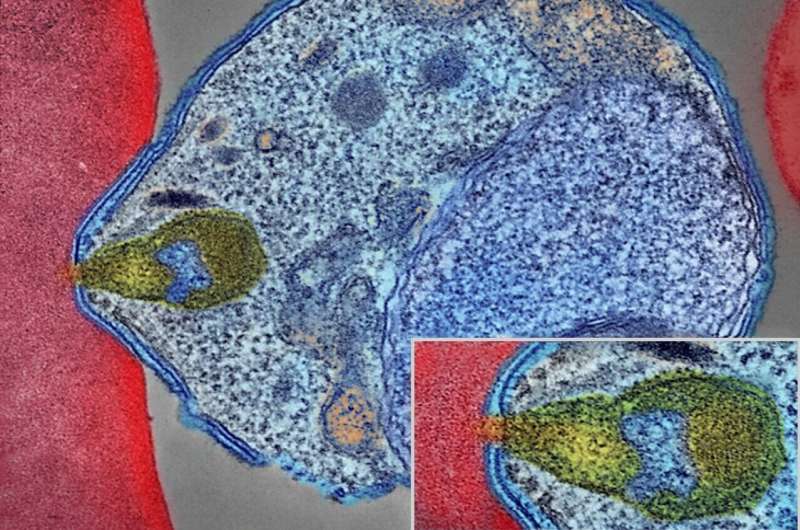Targeting Mitochondrial Protein VDAC2 Could Enhance Liver Cancer Treatments

Researchers have identified VDAC2, a mitochondrial protein, as a promising target to enhance selective liver cancer treatments, potentially improving patient outcomes with targeted therapy.
Liver cancer, particularly hepatocellular carcinoma, remains a formidable health challenge due to its aggressive nature and low five-year survival rate of around 15%. Recent research from Thomas Jefferson University highlights the potential of a mitochondrial protein called VDAC2 as a therapeutic target. The study, led by Dr. Gyorgy Hajnoczky, finds that VDAC2 plays a critical role in making liver cancer cells more prone to cell death, offering hope for more precise treatments.
Previously, Dr. Hajnoczky's team discovered that VDAC2 recruits BAK, a pivotal protein in mitochondria-dependent apoptosis. Their new findings show that liver cancer cells exhibit higher levels of VDAC2 compared to normal liver tissue, which makes these cancer cells more susceptible to treatments that activate BAK-dependent cell death pathways.
In preclinical experiments, combining two drugs targeting BAK resulted in significant shrinkage of liver tumors in mice, selectively eliminating cancer cells while sparing healthy tissue. This effect was absent in tumors lacking VDAC2, indicating that the protein is essential for the treatment's efficacy. Dr. Hajnoczky describes VDAC2 as a potential "Achilles heel" of liver cancer, suggesting that therapies aimed at this protein could offer targeted, less invasive options for patients.
While these findings are promising, they are still in early stages. Future research aims to better understand the role of VDAC2 in primary and metastatic liver cancers, paving the way for new therapeutic strategies. The hope is that targeting VDAC2 could lead to more effective and less harmful treatments for liver cancer patients.
Source: https://medicalxpress.com/news/2025-05-mitochondrial-protein-liver-cancer-treatment.html
Stay Updated with Mia's Feed
Get the latest health & wellness insights delivered straight to your inbox.
Related Articles
New Advanced Tool Offers More Accurate Prediction of Cardiovascular Disease Risk
A new risk prediction model by the American Heart Association offers more accurate and equitable assessment of cardiovascular disease risk across diverse populations, enhancing preventive healthcare strategies.
New Insights into Malaria Immunity Through Antibody Sequencing in Children
Researchers have decoded a naturally acquired antibody from a malaria-exposed child, revealing insights into immune protection against severe malaria through advanced mass spectrometry techniques.
Updated Clinical Guidelines for Surgical Treatment of Chronic Rhinosinusitis in Adults
New clinical guidelines from the American Academy of Otolaryngology provide evidence-based recommendations for the surgical treatment of chronic rhinosinusitis in adults, emphasizing diagnosis, patient expectations, and personalized surgical planning.



